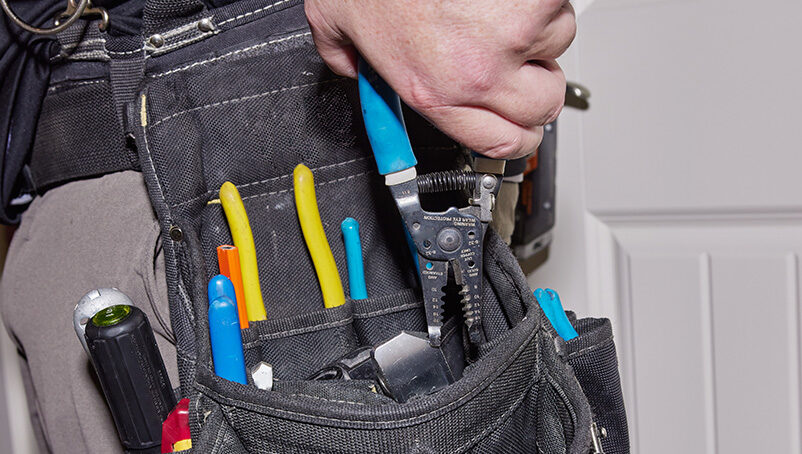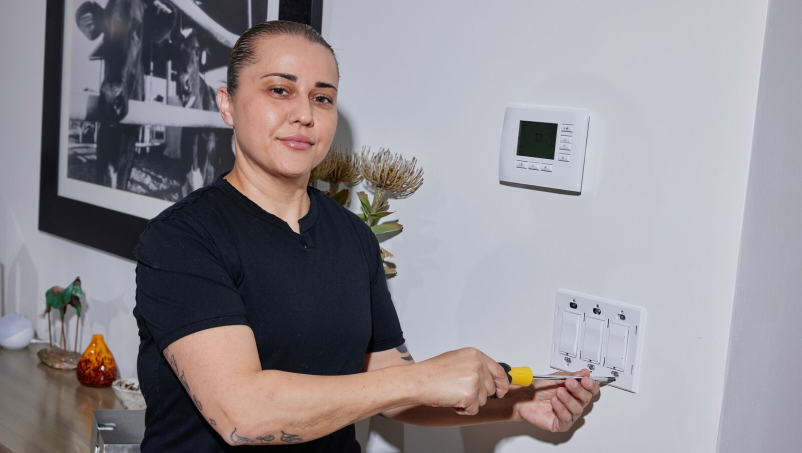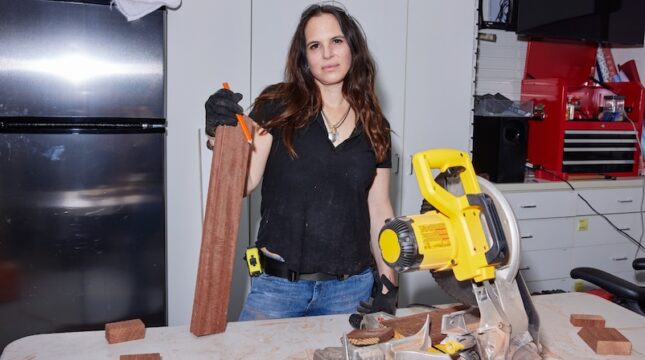Insurance for a Virginia handyman
Small business or self-employed handyman insurance can help protect your business. The following types of Virginia business insurance are available for professionals in this industry.
Workers’ compensation insurance
All Virginia contractors with more than two employees (including subcontractors) must have workers’ compensation insurance. This coverage can help provide wage protection and other benefits if injuries occur on the job.
General liability insurance
General liability insurance can help cover work-related, nonemployee accidents and damage to someone else’s property.
Tools and equipment insurance
Tools and equipment insurance can help cover your work gear by providing coverage for repairs and replacements if damage or theft occurs.
Commercial auto insurance
If you drive for work, commercial auto insurance can help cover costs related to accidents, such as property damage and medical expenses.
Commercial property insurance
Commercial property insurance can help provide coverage for damage or vandalism that affects a property you own or rent and inventory or equipment stored at that location.
Virginia contractor license requirements
Specific Virginia contractor examination requirements apply to each license classification. Applicants must complete one or more of the following exam portions:
- General: General administrative and business knowledge
- Virginia: State laws and regulations for contractors
- Advanced: Administrative and business knowledge for contracting on major projects
Class A applicants must pass the General, Virginia and Advanced portions of the exam. Class B applicants must pass the General and Virginia portions of the exam. Class C applicants don’t need to complete any of these three exams.
All applicants (Class A, B and C) must qualify for their chosen specialty. This requires holding an additional license or certification or completing a technical examination. Applicants must also submit an Experience Verification Form that shows their years of experience for the corresponding classification or specialty:
- Class A: At least five years of experience
- Class B: At least three years of experience
- Class C: At least two years of experience
Class A and Class B license applicants must meet the minimum net worth requirements (at least $45,000 for Class A, at least $15,000 for Class B). No net worth requirement applies for Class C licenses.
To fulfill this requirement, Class A and Class B applicants must submit one of the following:
- Financial statement form
- CPA review/audit
- Surety bond form
You must renew your contractor license every two years. The state sets expiration dates at the end of the month in which the license was issued.
What’s the difference between a handyman and a general contractor?
Before we get into the details of how to obtain a license in Virginia, it’s important to clarify what it means to be a handyman — because this will affect whether or not you need a license and what type of insurance you’ll need.
A handyman or handywoman is someone who does small repair, carpentry or minor maintenance jobs. Typically, these jobs only involve one person.
If you work on larger projects, such as renovating a bathroom or wiring a new kitchen, you could be considered a contractor and need the appropriate license and insurance coverage. A handyperson is usually someone who can complete a job on their own.
So what can a handyman do without a license? Here are some examples to help figure out if the jobs you perform mean you’re a handyman or a general contractor.
Handyman vs. Contractor








